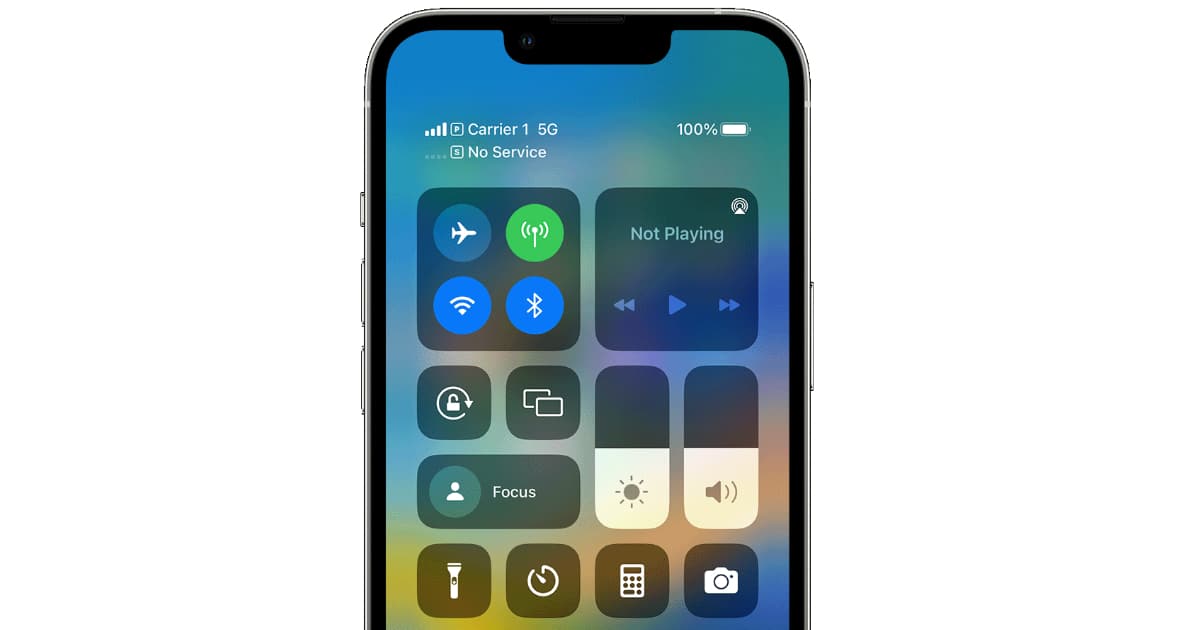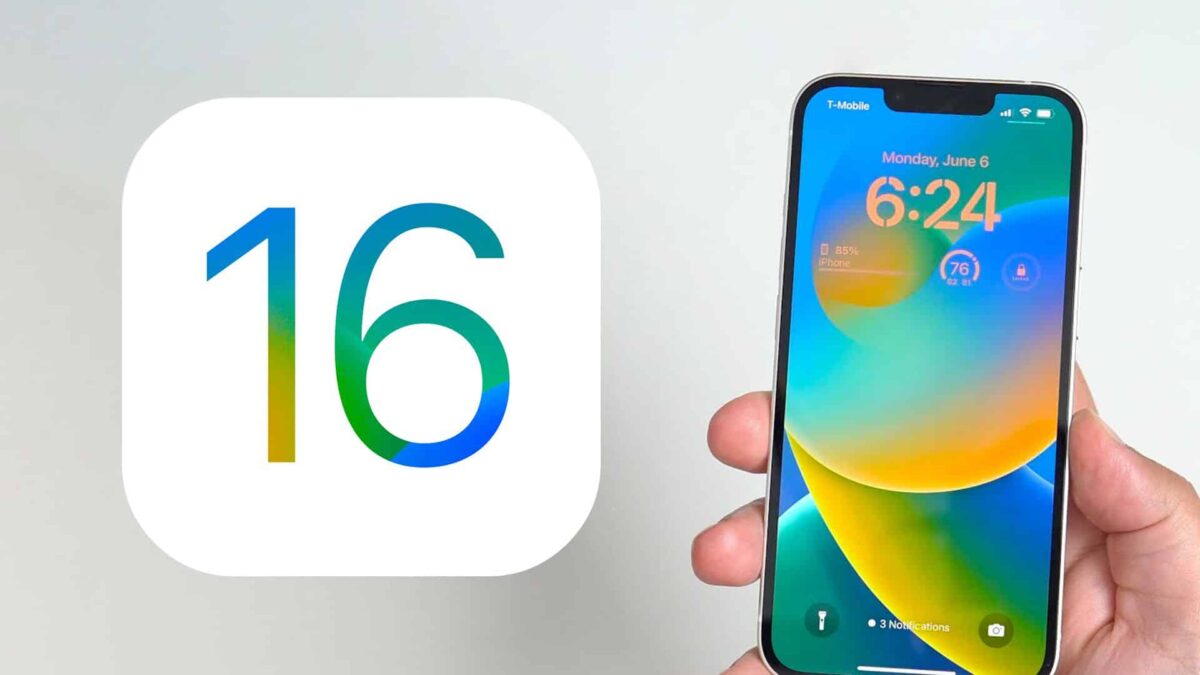As Apple is obligated by law to restrict certain iOS features in various regions like FaceTime in UAE, the company imposes those restrictions through hard-coding techniques like changing the region of a device via Settings or where the iPhone is purchased from which is not sophisticated a system.
Users can easily fool the iOS by selecting a different region than they are living in via the Settings app to use restricted features in a particular region.
Therefore, the tech giant is now working on a smarter system to determine users’ location to restrict certain features, especially before allowing sideloading in Europe.

Apple’s new iOS system will determine users’ current location by GPS, country code, and more
9to5Mac has found that iOS 16.2 contained a new location tracking system to precisely determine users’ current location. It will use data like the device’s current GPS location, information from the SIM card, and the country code associated with the Wi-Fi router.
The obtained data will make it harder for users to bypass restrictions and use unauthorized features in specific regions.
However, the system will automatically ignore the restrictions when users will travel to regions where banned features are authorized.
It is speculated that the tech company is working on a stronger system to impose restrictions because it might be forced to allow sideloading in Europe in 2024.

Apple prepares to allow sideloading but only in Europe
In 2020, the EU Commission EVP Margrethe Vestager drafted the Digital Markets Act (DMA) to regulate the growing influence of “gatekeepers” on digital marketplaces and put an end to their unfair and anticompetitive practices.
In 2022, the European Parliament and the Council approved the DMA and the EU enforced the new rules ahead of their implementation in Spring 2023 which orders “gatekeepers” to make major changes to their mobile operating systems by March 2024.
As Apple falls under the definition of EU’s digital gatekeepers with market valuations of $80 billion (€75 billion) and at least 45 million monthly users in the EU along with Amazon, Google, and other tech giants, it would have to open iOS to alternative or third-party app stores to distribute apps and manage payments under the new law.
Thus, we can speculate that the Cupertino tech giant is preparing to allow sideloading on iOS in European countries before being forced to permit it in other regions.